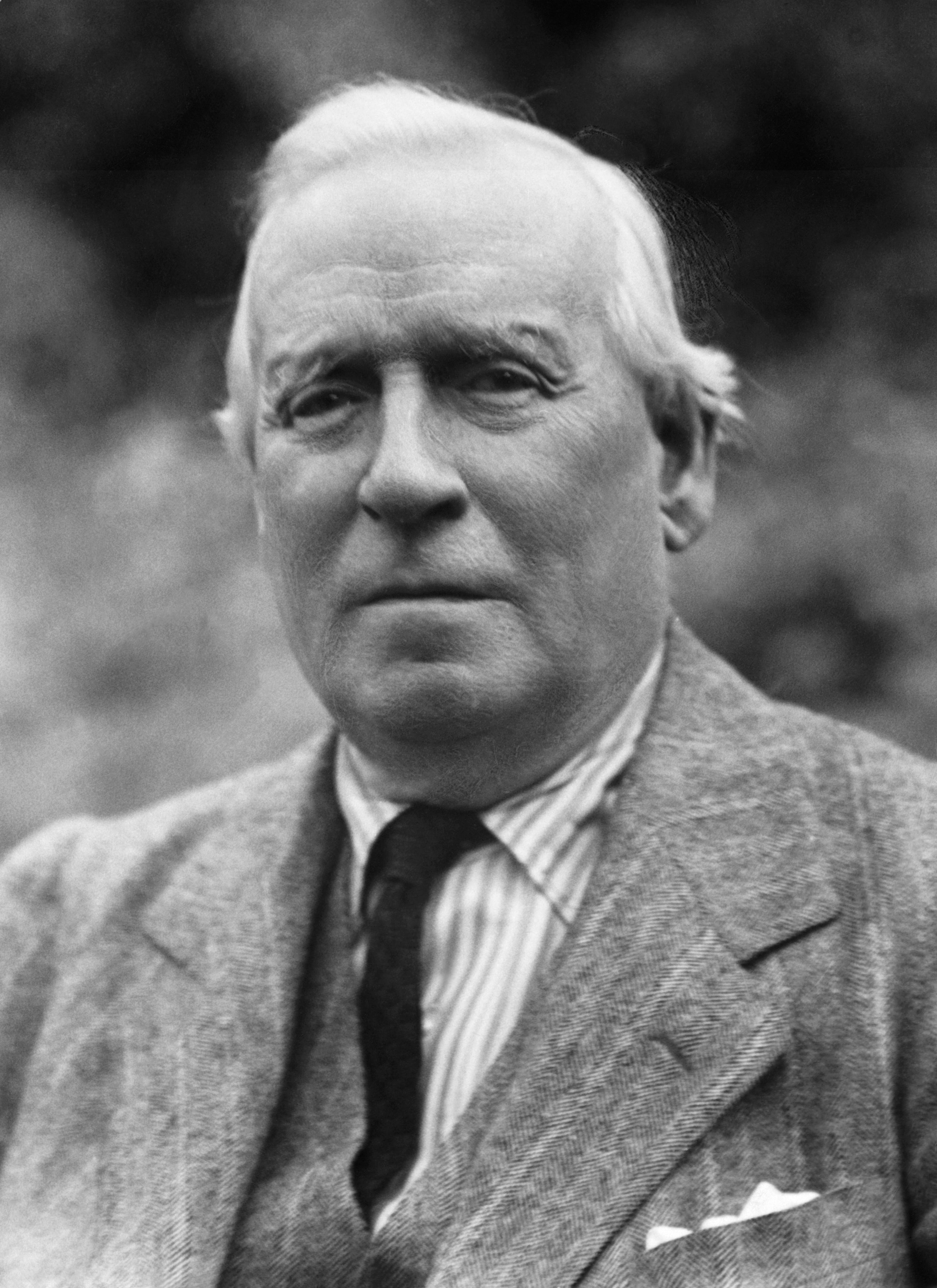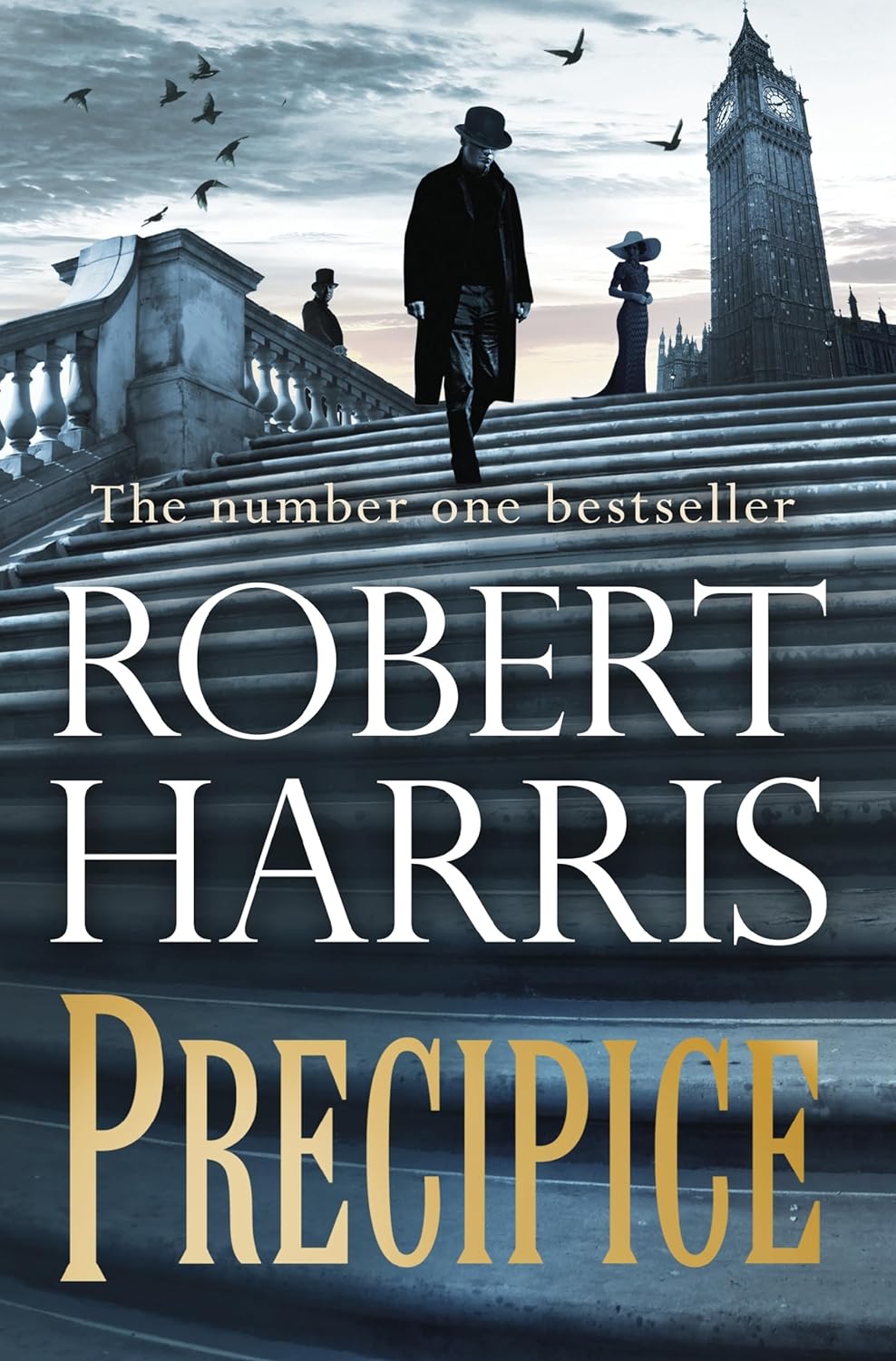Help really
impartial journalism
Our mission is to ship unbiased, fact-based reporting that holds energy to account and exposes the reality.
Whether or not $5 or $50, each contribution counts.
Help us to ship journalism with out an agenda.
Robert Harris’s enthralling new novel could also be one in every of his three greatest, and I write as somebody who has learn nearly all 16 of them. There was 1992’s Fatherland, imagining a world the place the Nazis received the Second World Conflict, and 2022’s Act of Oblivion, an epic set within the aftermath of the regicide of Charles I. And now there’s Precipice, by which he has discovered one other slam dunk of a plot. It’s based mostly upon the true episode of 60-year-old prime minister HH Asquith’s infatuation with an aristocratic younger girl 35 years his junior, to whom he wrote greater than 700 letters over a three-year interval – generally as many as three letters a day.
What makes the story so extraordinary is that Asquith was prime minister throughout the run-up to the First World Conflict – and all through these first two catastrophic years of fight – however nonetheless discovered time to compose handwritten notes throughout cupboard conferences in Downing Road; letters that turned more and more obsessive because the Nice Conflict progressed, and that continuously contained essentially the most confidential data on British technique and political affairs.
With astonishing recklessness, the married Liberal PM enclosed top-secret dispatches from ambassadors, generals and royals to have interaction his paramour.
The Hon Venetia Stanley, daughter of Lord Sheffield, was an unlikely recipient of his passion: a energetic, barely educated, time-rich socialite, dwelling at house along with her mother and father between two stately houses and a Mayfair mansion, awaiting an appropriate husband. At the moment she would in all probability be an Instagram influencer, entitled however engaging.
Remarkably, the letters from Asquith nonetheless survive, and Harris makes use of his precise correspondence all through – dozens of sentimental, craving missives addressed to “My darling love … I like you greater than phrases can say, with each fibre, and no matter I’ve that’s price having and giving”; Venetia’s replies to Asquith don’t survive, since he destroyed all of them on his closing day in workplace, however Harris does a convincing job of recreating them.

Their passionate correspondence, and the actual fact of their friendship, was suspected solely by their innermost circle. Privateness was simpler to take care of in these days. If the prime minister as we speak took up with a younger girl lower than half his age, the headlines can be cruel: “Pervy PM’s pash on aristobabe”. Or “Prime minister groomed posh chicken with 700 steamy letters”. And very quickly, there can be censorious newspaper columns citing energy imbalance, safeguarding in Downing Road, and the remainder.
Harris’s cleverness lies in his psychological sophistication, carrying the reader alongside the twists and turns of this doubtful love story, whereas the better drama of the struggle within the trenches, huge casualties and the disastrous touchdown at Gallipoli performs off stage. There is a wonderful solid of supporting characters: Winston Churchill, perpetually reckless and hungry for struggle; Lloyd George, ambitiously untrustworthy; the poet Rupert Brooke, courting an Asquith daughter; the artist John Lavery in war-artist mode; King Edward VII, by whom Asquith is appointed PM at a on line casino within the south of France.
Intriguingly, we’re by no means instructed whether or not the Asquith-Stanley relationship ever turned sexual. It was difficult in pre-war Britain for an aristocratic single woman to spend time alone with any man, and after they had been prime minister, tougher nonetheless.
It’s hinted that they could have spent an attractive hour alone in a grassy hole within the woods at Penrhos, the castellated Stanley property close to Holyhead, Wales, however Harris’s novels seldom embody graphic bed room motion. He implies that their sexual relationship might have stopped at frottage, common amongst the landed lessons on the time, which concerned the girl thrilling the clothed man by way of his trousers, with vigorous friction till he discovered aid; the girl was continuously pleasured in an identical fashion, thus avoiding the hazard of being pregnant.
Harris is masterful at genuine dialogue, throughout all lessons. There’s not a false notice on this novel. He additionally explains the mechanics of covert communication on this pre-email, pre-text, pre-WhatsApp, pre-Paula Vennells world. The Publish Workplace in 1914 offered twelve collections and deliveries of letters per day in London, and usually three per day within the countryside, and Stanley and her maid spend a lot time hanging concerning the letterbox, ready for the most recent love bomb from the prime minister.

One of many nice injustices about Harris’s huge oeuvre is that he has received virtually no main literary prizes. Infinitely extra knowledgeable than most Booker winners, and not less than as emotionally perceptive, with a historic gravitas worthy of the Duff Cooper Prize – which matches to superlative non-fiction works, together with historical past – his books slip down a crevice in between: too common and fulfilling for the Booker, too readable and part-fictional for the Duff Cooper. There’s something very British about continually inventing new, and ever extra area of interest, literary awards to applaud books that promote modestly, on the expense of massive, high quality blockbusters that shift by the truckload.
If Harris’s novels shaped a part of the college historical past syllabus, they may encourage an entire technology for whom historical past is drudgery.
‘Precipice’ by Robert Harris is printed on 29 August by Hutchinson Heinemann











